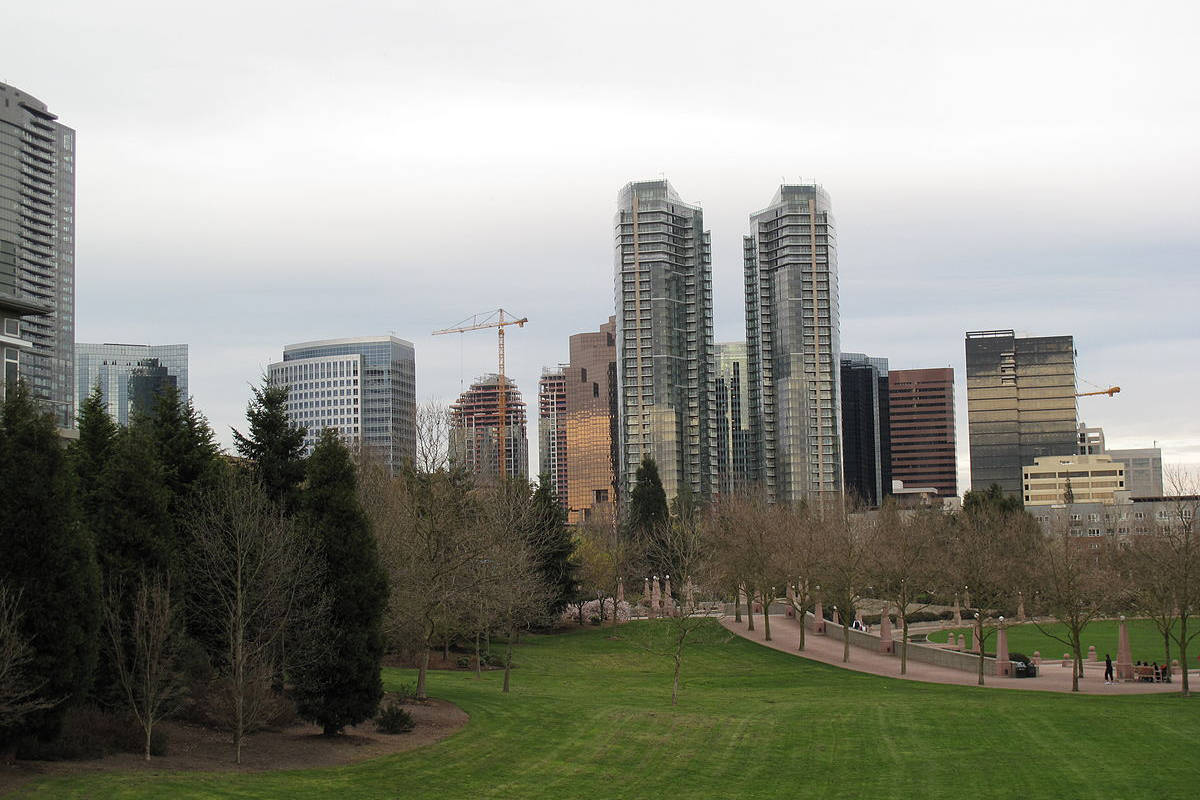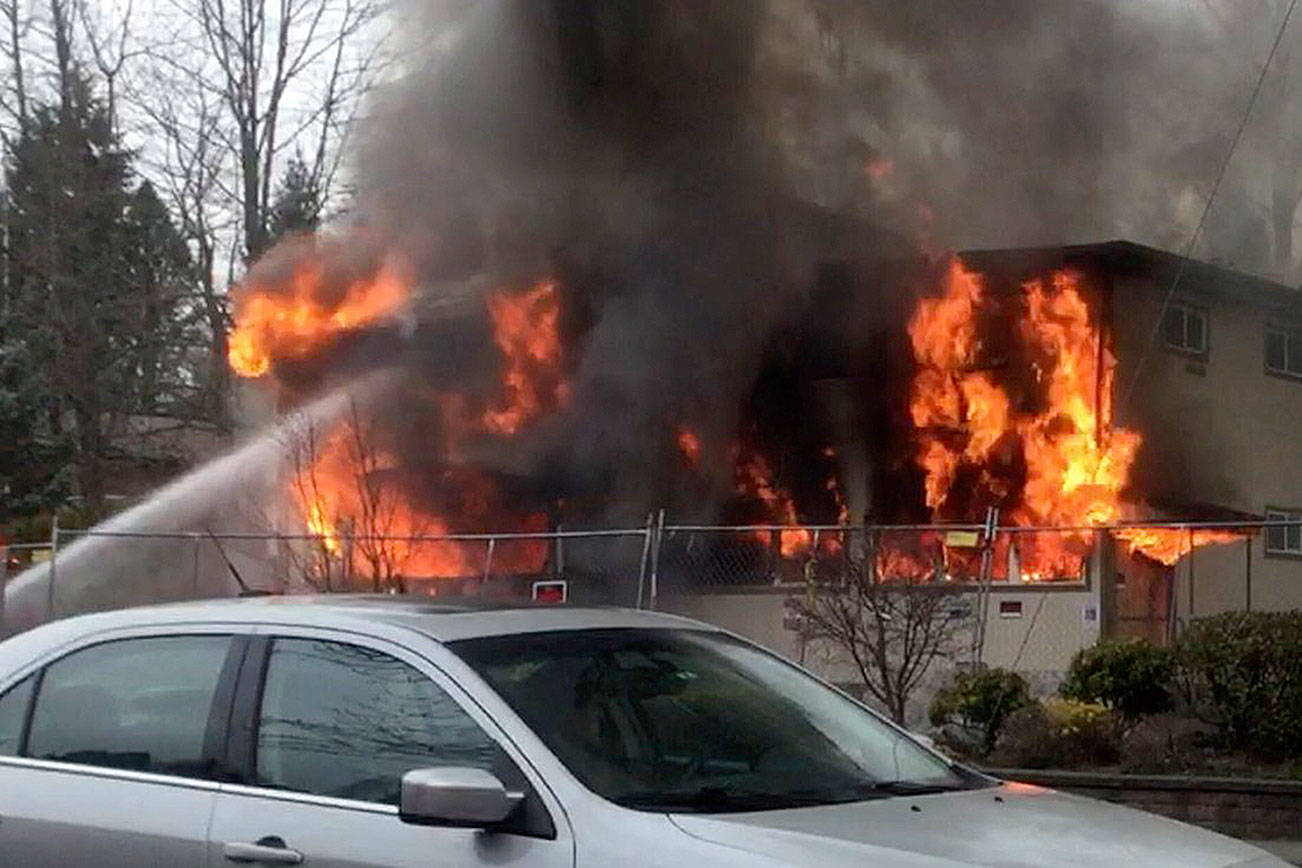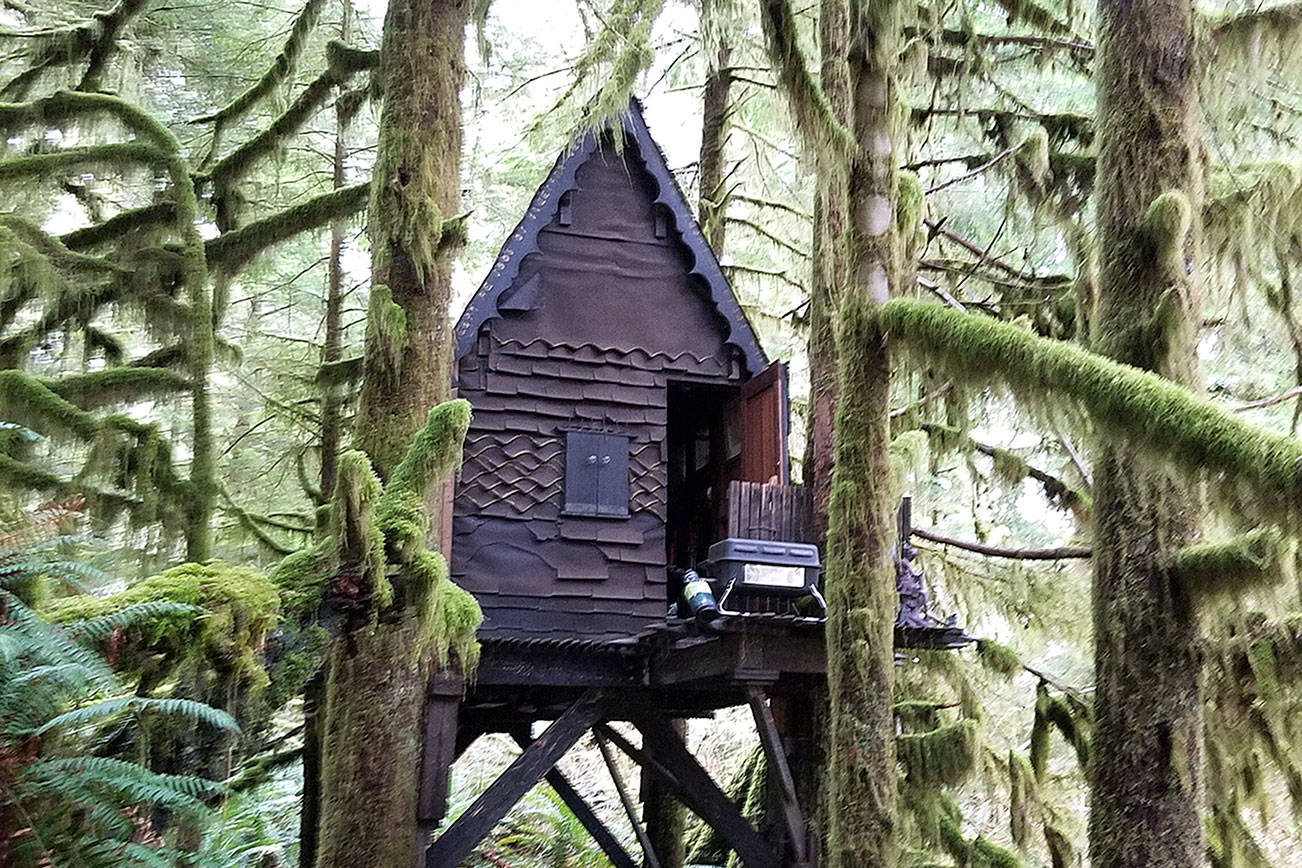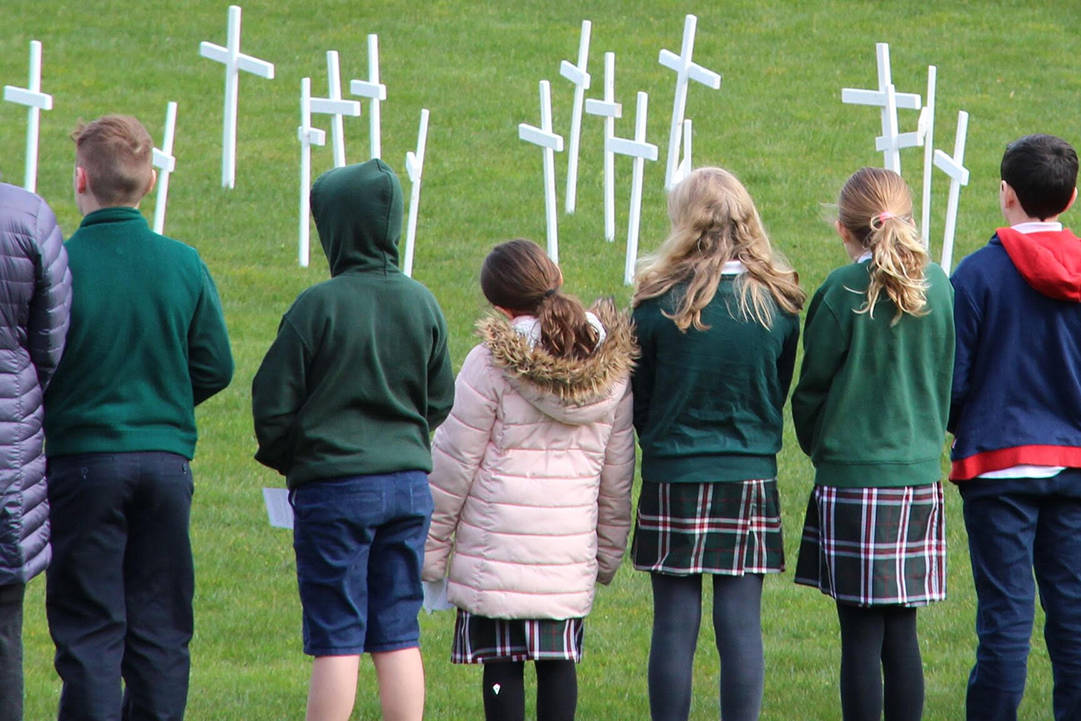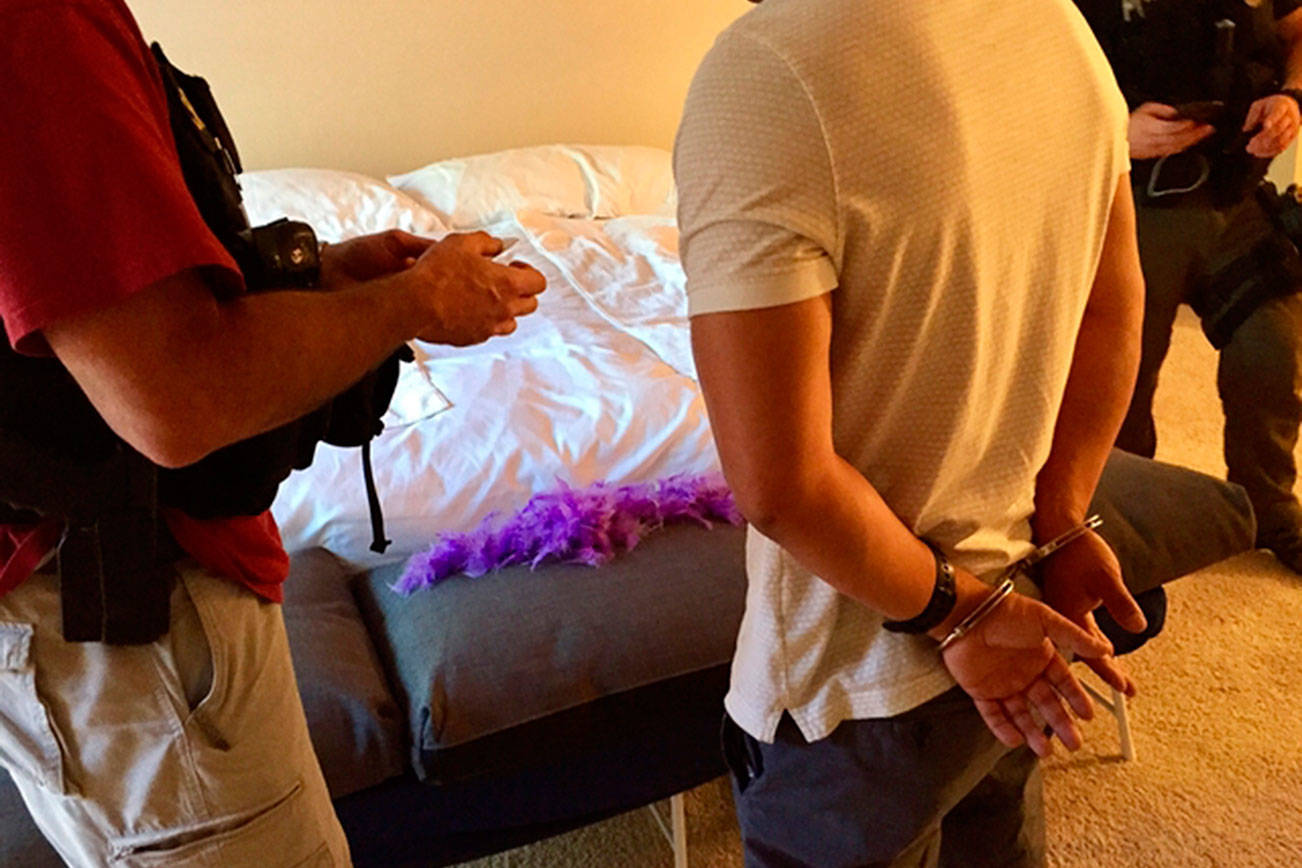The Bellevue City Council unanimously voted to permanently ban safe injection sites for illegal drugs at a council meeting Monday.
The permanent ban will go into effect Oct. 26.
This past summer, the council had enacted an interim official zoning control, or emergency ordinance, for a citywide ban on Community Health Engagement Locations, also known as safe injection sites or CHELs. But the interim measure was only for six months unless council took permanent action.
Ordinance No. 6376, the permanent measure, amends Bellevue’s land use code to impose a prohibition on the sites, locations or other uses or activities designed to provide a location for people to consume illicit drugs intravenously or by other means, throughout the city.
Deputy Mayor John Chelminiak said it’s “as permanent as legislation gets,” although a new council could effectively change the law through a public process in the future if they so desire, as they could with other legislation.
He said allowing a safe drug site in Bellevue “makes no sense.”
Council members Jennifer Robertson, Kevin Wallace, Conrad Lee, and Mayor John Stokes all voiced agreement. Robertson stated she doesn’t believe it’s the right approach to help drug addicts and Stokes pointed out the city supports the seven other recommendations the Heroin and Opioid Addiction Task Force of King County made in September 2016 to develop a comprehensive strategy to focus on preventing addiction and increasing access to addiction treatment.
According to the county, more people in King County now enter detox for heroin than they do for alcohol. The safe injection sites are intended to reduce drug-related deaths and health risks by preventing overdoses, the transmission of viral infections, such as HIV and hepatitis C, and provide access to treatment and social services. The sites would also, in theory, improve public safety by reducing the frequency people use in public.
Four months after the task force’s recommendation, the King County Executive and former Seattle Mayor Ed Murray said they would move forward on implementing them, which included the safe injection sites. In June of this year, the King County Council voted to limit where these sites could go – one in Seattle and one in King County. But the decision to place one in King County was dependent upon city council or elected leader approval.
The Bellevue City Council began talking about banning the sites in April and adopted the interim official zoning control, banning them citywide for six months, on Aug. 7. A public hearing on the measure was held on Sept. 25 in order to keep it in effect for the six months and so that the council could adopt the action as a permanent regulation.
The permanent ordinance states: Medically Supervised Consumption Centers (MSCC) designed to provide an hygienic environment where individuals are able to consume illicit drugs intravenously or by other means are prohibited in all Land Use Districts in the City. A MSCC includes all uses established or activities undertaken for the above-defined purpose, irrespective of how the use or activity is described. A MSCC may also be referred to as a community health, engagement location, supervised injection site or facility, safe injection site, fix room, or drug consumption facility.
An organization called Safe King County has sought to put Initiative 27, a vote to ban heroin injection sites in King County, on the February ballot since these recommendations were put forward.
On Monday, a King County Superior Court judge ruled I-27 would not appear on the ballot, however, the decision could be appealed.
That same day, the King County Council announced in a 5-4 vote, that they would send an alternative to the ballot if I-27 ever went to voters. That alternative would give King County voters a “choice on the future of any proposed Community Health Engagement Locations in King County.”
